Directory
- Share
Maxime Riche
- Alumni
- France
- 2005 MPhil BioScience Enterprise
- Hughes Hall

Maxime Riche
- Alumni
- France
- 2005 MPhil BioScience Enterprise
- Hughes Hall
Barbara Richter
- Alumni
- United States
- 2004 MPhil Chemistry
- Peterhouse

Barbara Richter
- Alumni
- United States
- 2004 MPhil Chemistry
- Peterhouse
I am excited about coming to Cambridge and meeting people from around the world. My research here will be in the field of protein folding.
Marabel Riesmeier
- Scholar
- Germany
- 2021 PhD History & Philosophy of Science
- King's College
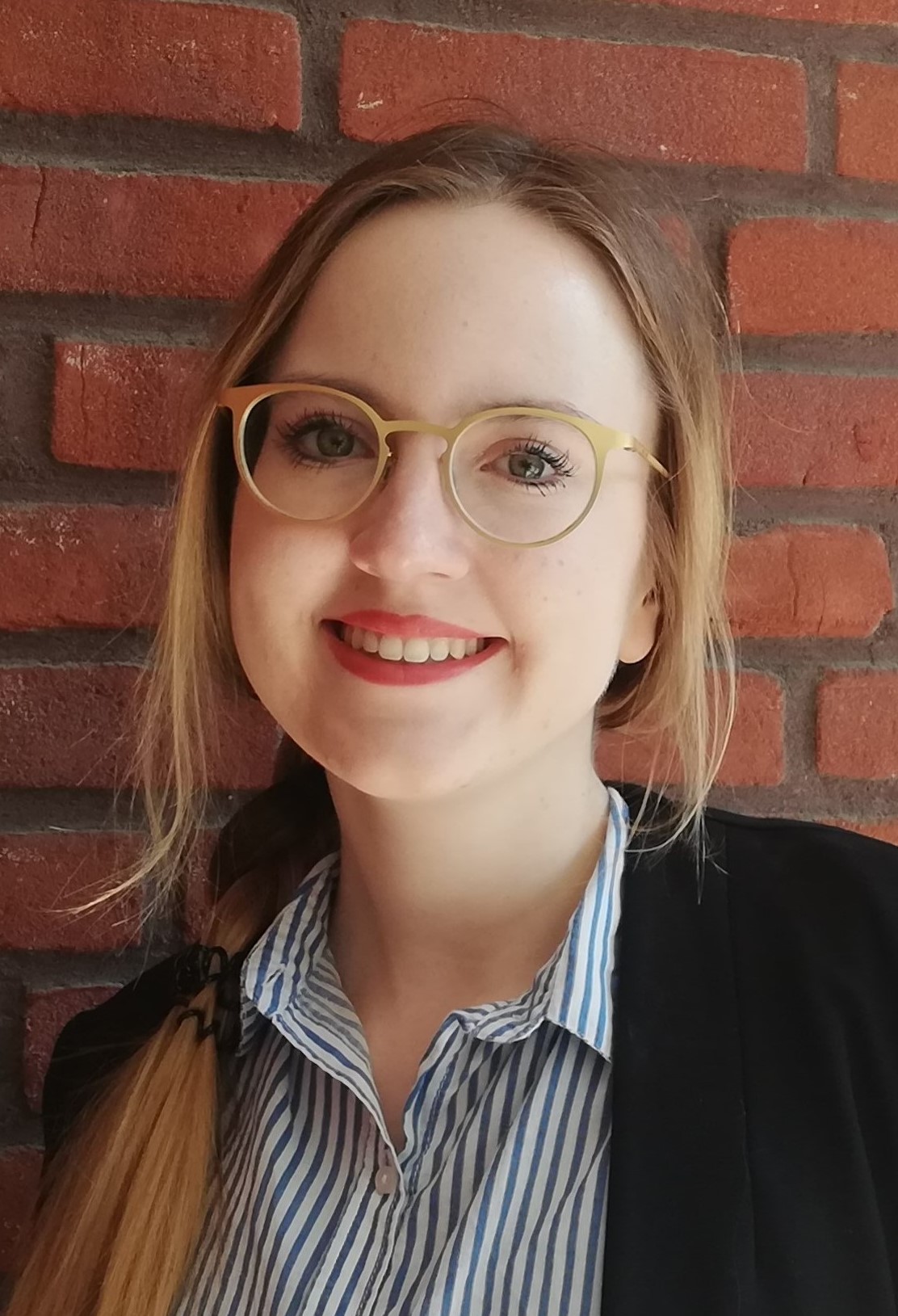
Marabel Riesmeier
- Scholar
- Germany
- 2021 PhD History & Philosophy of Science
- King's College
My path to a PhD in History and Philosophy of Science began in chemistry, a discipline that holds transformative power for society in many ways. I pursued an undergraduate degree in Chemistry and a consecutive MSc in Business Chemistry at the University of Münster. Focusing on analytical chemistry, I completed a semester abroad as a visiting researcher at the University of Oxford, where I investigated the composition of archaeological materials. To unlock the full potential of chemistry, I believe it is vital to ask questions beyond the laboratory, questions concerning the very foundations of the discipline. In my MSc in Philosophy of Science at LSE, I found the tools to articulate and address these questions. In my PhD, I want to investigate the ontology of chemical substances. They are often understood as structurally distinct natural kinds. However, on the microstructural, quantum mechanical, macromolecular and macroscopic levels, the story is much more complicated and often seems contradictory. Chemical substances make up the world around us (including ourselves), but what even are they? I am deeply grateful for the opportunity to pursue this project and look forward to being a part of the Gates scholars community.
Previous Education
University of Munster (Westfalische Wilhelms Unive Business Chemistry 2021
London School of Economics & Political Science (Un Philosophy of Science 2020
University of Munster (Westfalische Wilhelms Unive Chemistry 2017
Johanna Riha
- Alumni
- Austria, Tanzania, United Republic of
- 2011 PhD Public Health and Primary Care
- Homerton College

Johanna Riha
- Alumni
- Austria, Tanzania, United Republic of
- 2011 PhD Public Health and Primary Care
- Homerton College
Johanna is currently a Research Fellow at the United Nations University - International Institute for Global Health (UNU-IIGH) working in the new Gender and Health Hub. Prior to this position Johanna worked as a consultant for UNU-IIGH on a gender-based project focusing on the community health workforce in Niger, Mozambique and Zambia. She also completed a consultancy with the African Women’s Development Fund, mapping the scale and key gendered concerns of non-communicable diseases and their effect on women across Africa. Johanna has led research on digital technologies and infectious disease outbreaks and prior to this served as the Policy Director for the All Party Parliamentary Group on Global Health based in London. Johanna has also worked as Lead of Information Management for the National Chlamydia Screening Programme, UK. She holds a PhD in Epidemiology from the University of Cambridge funded by the Gates Cambridge Scholarship, an MSc in Epidemiology from the London School of Hygiene and Tropical Medicine and a BSc in Biological Sciences from the University of Birmingham.
Casey Rimland
- Alumni
- United States
- 2014 PhD Surgery
- Trinity College
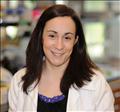
Casey Rimland
- Alumni
- United States
- 2014 PhD Surgery
- Trinity College
I am originally from Charlotte, NC and I completed my bachelor’s degree at UNC-Charlotte, where I graduated with honors in both biology and psychology. My early research experiences led me to pursue a combined MD/PhD degree through the NIH Cambridge Scholars Program. I completed my second year of medical school at UNC Chapel Hill. Now I will begin my PhD work in the Department of Surgery at Cambridge and at the NIAID at the NIH. At Cambridge, I will work to develop methods of producing functional liver cells from adult stem cells. Then I will use these methods at the NIH to develop stem cell therapies for liver fibrosis in animal models. I am very grateful for the opportunity to spend my time at Cambridge as a Gates Scholar and an NIH Cambridge Scholar. As an aspiring physician scientist, I cannot imagine a more rewarding or enriching environment in which to train. I know my time as a Gates Scholar will continue to shape how I care for my future patients and also my research career.
Dillon Rinauro
- Alumni
- United States
- 2019 PhD Chemistry
- St John's College
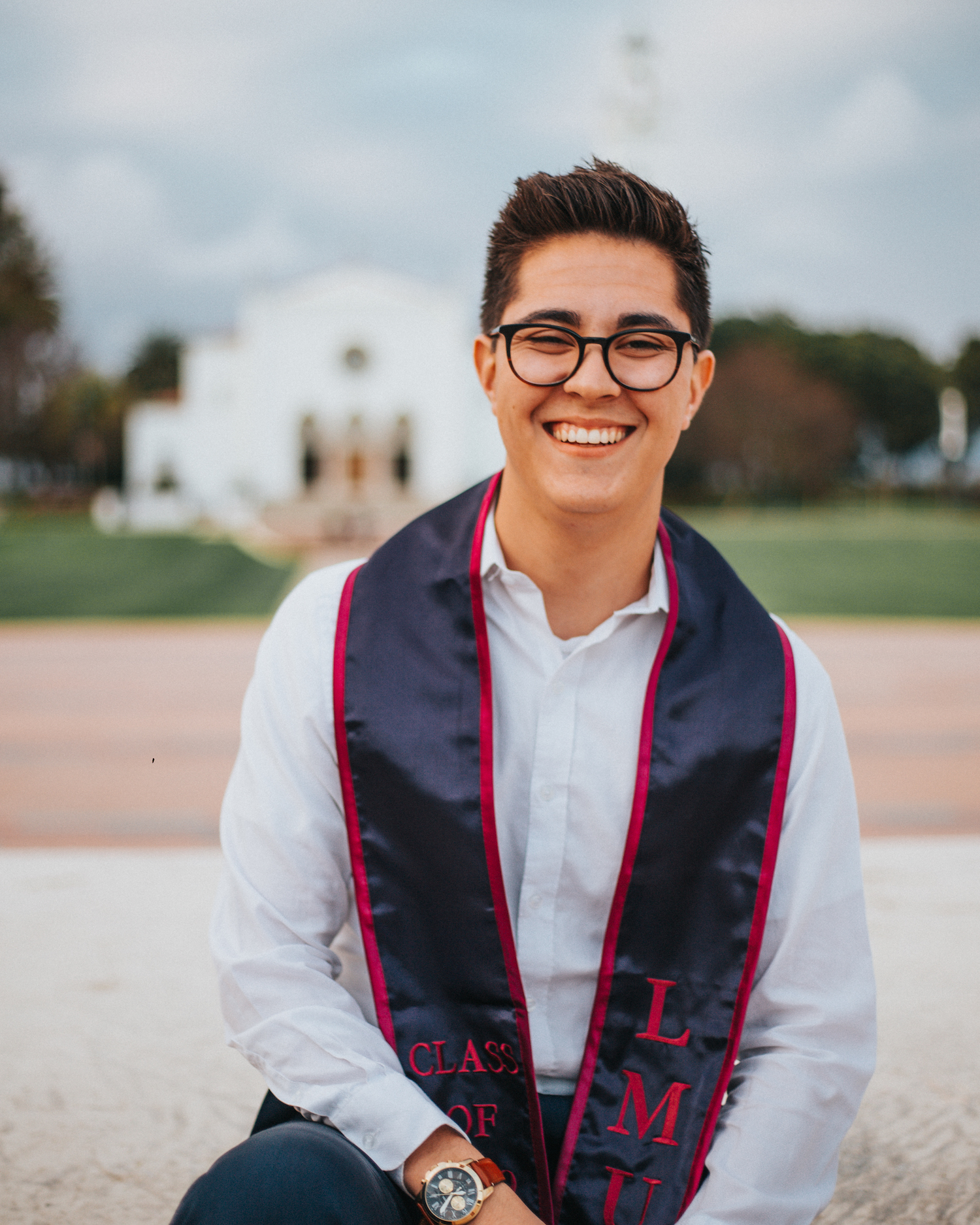
Dillon Rinauro
- Alumni
- United States
- 2019 PhD Chemistry
- St John's College
Growing up in Bellingham, Washington, I developed a passion for elder care early on and it has since become an integral part of my life. After graduating from high school, I moved to Los Angeles where I attended Loyola Marymount University to study biochemistry and conduct research on the pathogenesis of misfolding protein diseases, namely, type II diabetes and Alzheimer’s disease with Dr. David A. Moffet. I became increasingly interested in the latter as I frequently volunteered at a convalescent home for the elderly through the Ignatians Service Organization. The relationships I’ve developed with the elderly throughout my life have subsequently inspired me to further understand the intersection of my research with the social sciences and explore the similarities and differences in senior care between the United Kingdom and the United States. At Cambridge, I will be pursuing a PhD in Chemistry under the supervision of Professor Christopher Dobson where I will investigate the mechanism through which tau protein aggregates with emphasis on methods of inhibition for the treatment of neurodegeneration. My experience here will allow me to expand upon my knowledge of amyloidogenic diseases and collaborate with students from around the world to foster intellectual diversity. Outside of the lab, I enjoy hiking, running, music, cooking, as well as volunteering with incarcerated youth, persons experiencing homelessness and environmental justice programs.
Previous Education
Loyola Marymount University Bachelor's Degree in Biochemistry 2019
Links
Oliver Rinne
- Alumni
- Germany
- 2002 PhD Theoretical Physics
- Trinity College
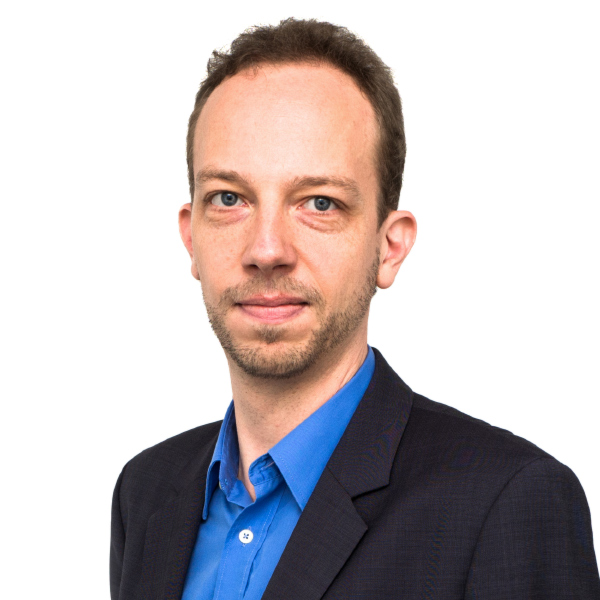
Oliver Rinne
- Alumni
- Germany
- 2002 PhD Theoretical Physics
- Trinity College
Heather Ritchey
- Alumni
- United States
- 2004 MPhil Management Studies
- Jesus College

Heather Ritchey
- Alumni
- United States
- 2004 MPhil Management Studies
- Jesus College
In life, I’ve learned that the future doesn’t hang around and wait for us to prepare, we must seize the opportunities presented today and make the most of them. People and organizations must constantly learn and adapt. At Cambridge, I will focus on looking at how hierarchical relationships in an organization affect learning, specifically, how a group steeped in tradition and based on power relationships can adapt to the changing world around it and prove successful in the future.
Felix-Ekkehard Ritter Von Horstig
- Scholar
- Germany
- 2019 PhD Nanoscience and Nanotechnology
- St Catharine's College
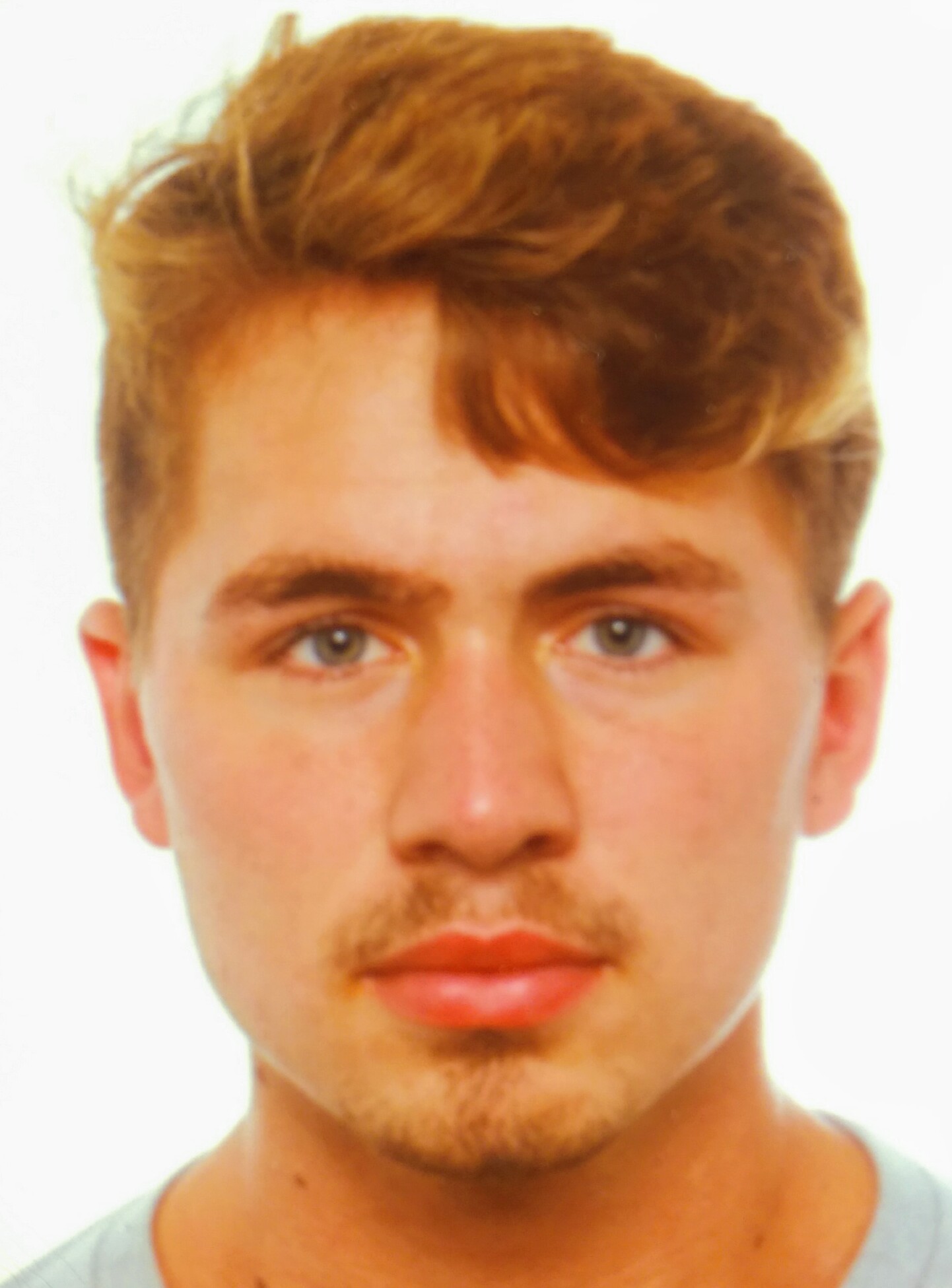
Felix-Ekkehard Ritter Von Horstig
- Scholar
- Germany
- 2019 PhD Nanoscience and Nanotechnology
- St Catharine's College
As an undergraduate studying Natural Sciences at UCL I have been able to explore both Physics and Chemistry from a unique, interdisciplinary perspective. The strong research base of the university quickly engaged me in various research projects, all centred around science on the nanoscale. Following on from this experience, I am now studying with the CDT in Nanosciences at Cambridge. After a first year of rotations, I have now settled on a PhD project in silicon-based quantum computing. The capabilities of scalable quantum computers promise to help in the development of new materials and medicines and have many applications in data management and optimisation of hard to tackle systems. They are expected to impact a vast number of industries and are likely to lead to cheaper, more accessible technologies.
Previous Education
University College London Physics and Inorganic Chem. 2019
Alejandro Rivera Rivera
- Alumni
- Guatemala
- 2015 MPhil Engineerng for Sustainable Dev
- Clare College
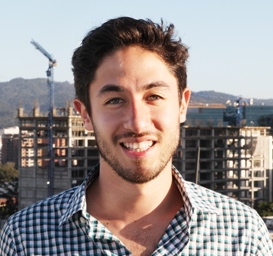
Alejandro Rivera Rivera
- Alumni
- Guatemala
- 2015 MPhil Engineerng for Sustainable Dev
- Clare College
Born and raised in Mixco, Guatemala, I had only traveled to a handful of places until, at age 17, I was awarded a scholarship to attend UWC Red Cross Nordic in Norway. UWC would be the start of a transformative six-year journey that took me to academic institutions in 3 different continents and allowed me to visit over 30 distinct cities. These experiences, combined with the knowledge I acquired through my degree in Civil Engineering at Brown University, awoke my curiosity about the impact that the built environment has on the natural context and its inhabitants. Therefore, I became increasingly interested in the concepts surrounding high performance buildings and sustainable design. After graduating from Brown in 2012, I came back to Guatemala where I have been at the forefront of the local green building movement, working as the Engineering and Sustainability Coordinator for an architectural firm, and specializing on the LEED certification program. More recently, intrigued by how the ideas behind green buildings can be extrapolated to entire cities, I cofounded the Guatemalan Network for Sustainable Cities, where I currently serve as Research Director. I look forward to joining the MPhil in Engineering for Sustainable Development at Cambridge, with the conviction that it will enable me to tackle the ever more complex problems that engineers face in the process of finding sustainable solutions. I hope to use this knowledge to help build better cities in my home country.
Previous Education
Brown University
Robert Rivers
- Alumni
- United States
- 2003 PhD Chemistry
- Clare College
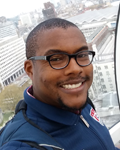
Robert Rivers
- Alumni
- United States
- 2003 PhD Chemistry
- Clare College
Ann Robbins
- Alumni
- United States
- 2011 PhD Medical Science (Clinical Biochemistry)
- Homerton College
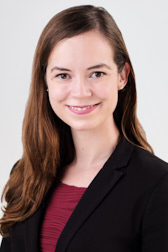
Ann Robbins
- Alumni
- United States
- 2011 PhD Medical Science (Clinical Biochemistry)
- Homerton College
I am currently a resident physician in Child Neurology at Stanford. For my PhD in Clinical Biochemistry, I researched genetic forms of insulin resistance, an area I continued to work in at Harvard during my MD studies.
Derrick Roberts
- Alumni
- Australia
- 2012 PhD Chemistry
- Trinity College
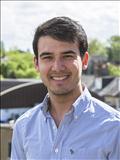
Derrick Roberts
- Alumni
- Australia
- 2012 PhD Chemistry
- Trinity College
I was born in Singapore in 1988 and was raised in Sydney, Australia. From 2007–2010, I undertook a BSc. (Adv) Hons. at the University of Sydney, Australia, for which I was awarded first class honours and the University Medal in Physical/Organic Chemistry. In 2012 I obtained an MSc. in polymer chemistry from Sydney University under the supervision of Professors Sebastien Perrier and Maxwell J. Crossley. From 2013 to 2016, I was awarded a Gates Cambridge Scholarship to undertake PhD studies under Professor Jonathan Nitschke at the University of Cambridge. My PhD thesis explored the covalent post-assembly modification of metallosupramolecular architectures.
From February 2017-2019, I undertook a Marie Curie Postdoctoral Fellowship in the Stevens Group at the Karolinska Institute, Sweden. My work focused on the preparation of stimuli-responsive synthetic biomaterials for accelerating the healing of chronic skin wounds.
From June 2019, I will join the faculty at the University of Sydney's school of chemistry as a Discovery Early Career Research Award Fellow, funded by the Australian Research Council. My work will focus on stimuli-responsive self-assembled polymers.
Previous Education
University of Sydney MSc., Polymer Chemistry 2012
University of Sydney BSc. Adv (Hons 1M), Physical–Organic Chemistry 2010
Andrew Robertson
- Alumni
- United States
- 2001 PhD Genetics
- Magdalene College

Andrew Robertson
- Alumni
- United States
- 2001 PhD Genetics
- Magdalene College
The similarities found between humans and seemingly unrelated organisms are often astonishing. My research on Drosophila immunity has furthered the parallel between mammalian and insect host defense systems, once again promoting the fruit fly as a viable model for human pathways and disease. Besides research, I’m interested in the public face of science: the way that science is portrayed through the media, the way it influences politics and the way it is governed through public policy.
Previous Education
University of California (San Diego) BS Molecular Biology, MS Developmental Biology 2000
Caroline Robertson
- Alumni
- United States
- 2009 PhD Psychiatry
- Lucy Cavendish College
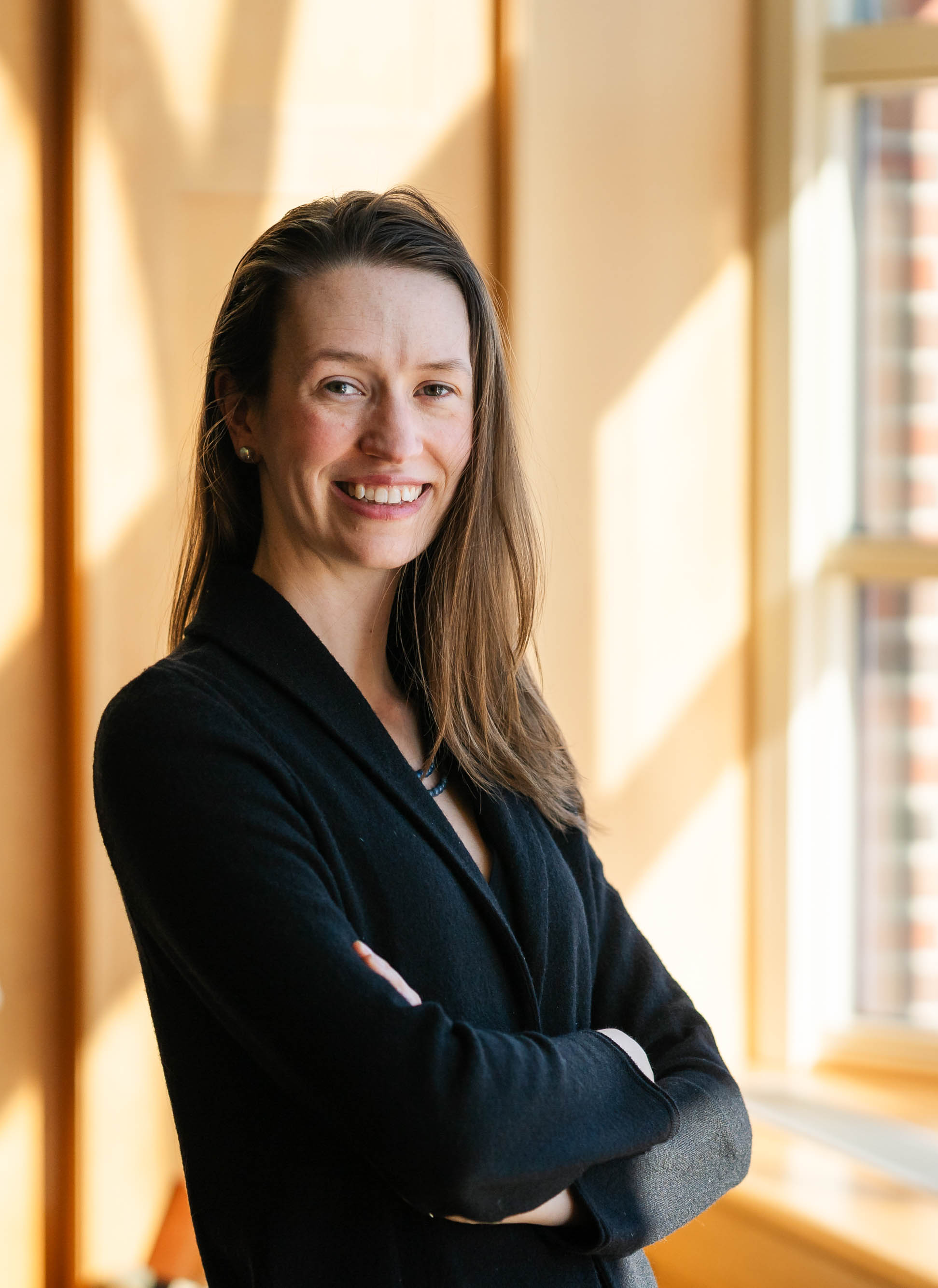
Caroline Robertson
- Alumni
- United States
- 2009 PhD Psychiatry
- Lucy Cavendish College
Caroline is an Assistant Professor in the Department of Psychological and Brain Sciences at Dartmouth College. Her research focuses on cognitive neuroscience approaches to memory, perception, and neurodiversity.
Caroline received her BA from Columbia University in 2009, where she studied neuroscience and philosophy. She received her PhD from the University of Cambridge in 2013, as a Gates-Cambridge Scholar and NIH-Cambridge Fellow. At Cambridge, Caroline worked in the labs of Dr. Chris Baker at the National Institutes of Health and Dr. Simon Baron-Cohen at Cambridge. She performed her postdoctoral research in the McGovern Institute for Brain Research at MIT with Dr. Nancy Kanwisher, where she held a junior fellowship in the Harvard Society of Fellows. Caroline was named a fellow of the American Academy of Achievement (2014), a NARSAD Young Investigator of the Brain and Behavior Foundation (2015), and a Kavli Fellow of the National Academy of Sciences (2016).
Previous Education
Columbia University
Cerianne Robertson
- Alumni
- United Kingdom
- 2016 MPhil Sociology
- St Edmund's College
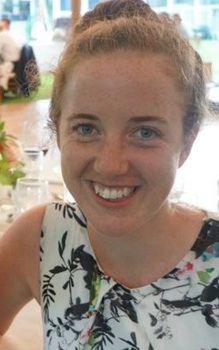
Cerianne Robertson
- Alumni
- United Kingdom
- 2016 MPhil Sociology
- St Edmund's College
I am thrilled to have the opportunity to join the Gates Cambridge community as an MPhil student in Sociology. Currently, my work for the Rio de Janeiro-based news platform RioOnWatch.org involves coordinating research on the opportunities for media to challenge dominant narratives about Rio's historically stigmatized favela communities. This is a particularly important moment for activists in Rio due to the immense media spotlight brought by the Rio 2016 Olympic Games. Intensified global media scrutiny offers unique leverage for marginalized voices to amplify their struggles for change, at the same time as forced removals and Games-focused public spending serve to marginalize some populations further. At Cambridge, I'll be expanding my current work by exploring the narratives and forms of media produced by activists across a number of sports mega-events. As I'm British by nationality but have lived largely in the United States since age seven, I'm looking forward to continuing my studies in the UK and having more regular access to authentic Cadbury's chocolate.
Previous Education
Harvard University
Rachel Robertson
- Alumni
- Australia
- 2014 Mphil Philosophy
2015 PhD Philosophy - Trinity Hall
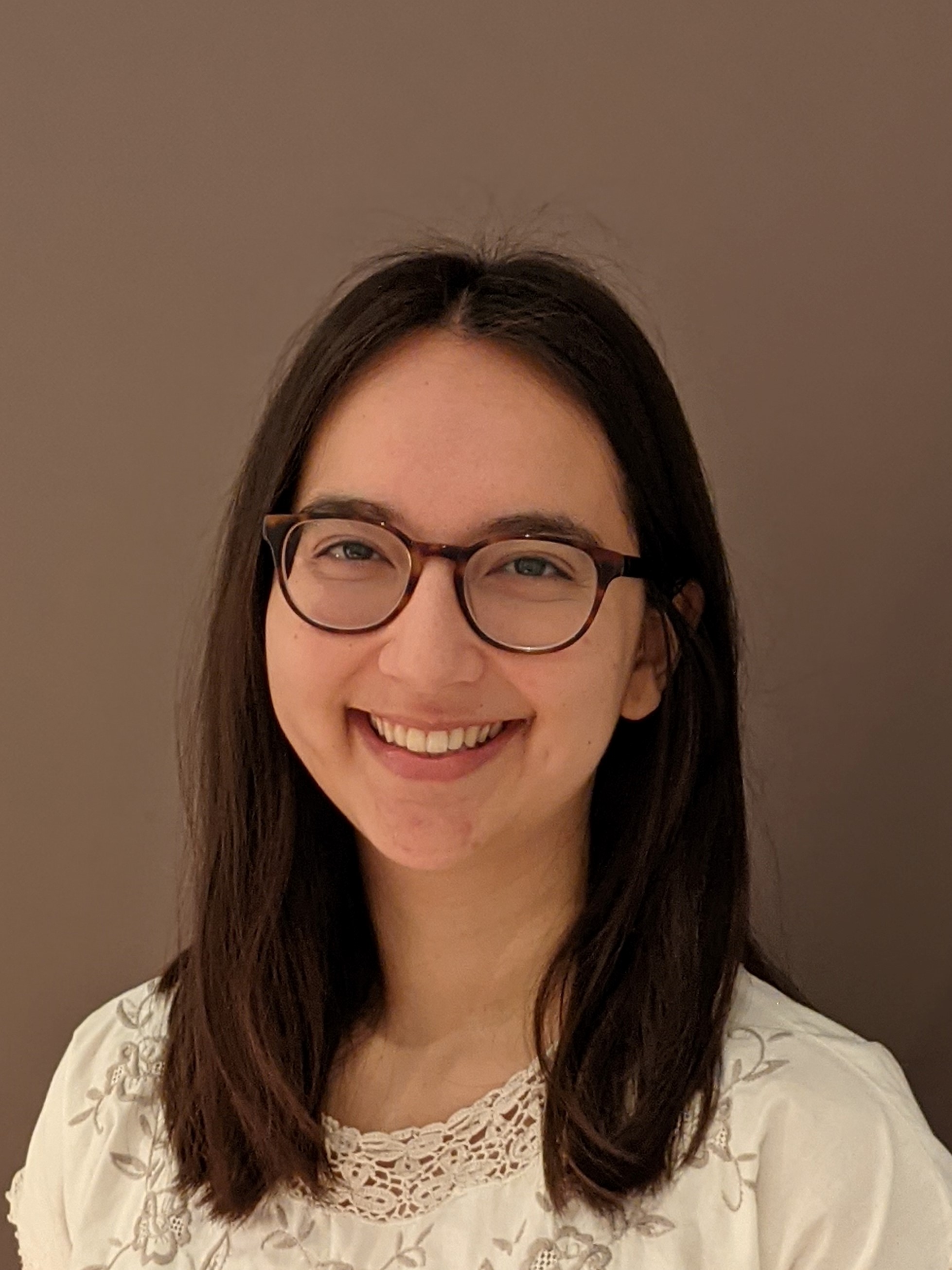
Rachel Robertson
- Alumni
- Australia
- 2014 Mphil Philosophy
2015 PhD Philosophy - Trinity Hall
Andrew Robinson
- Alumni
- United States
- 2007 MPhil Economics (Option A)
- Darwin College

Andrew Robinson
- Alumni
- United States
- 2007 MPhil Economics (Option A)
- Darwin College
It was a privilege to enjoy a civilian college experience and to get an MPhil in Economics at the same time. I now return to the Army, but I will always be honored to have met such amazing people at Cambridge. I'm sure both my academic experience and my new friendships will be very important over the rest of my life.








